
Minister of State and Chairman, Reforms and Resource Mobilisation Committee, Ashfaq Tola has said that the foreign exchange reserves crisis requires a charter of economy at the earliest and the chambers should sit together to draw its draft.
Speaking at the Lahore Chamber of Commerce and Industry (LCCI), the Minister of State said, “We have been talking about a charter of economy for a long time. Stakeholders should sit with the Institute of Chartered Accountant of Pakistan (ICAP), suggest solutions and resolve issues one by one.”
He also offered to host the stakeholders at the Federal Board Revenue (FBR) for two days to discuss the issues one.
“The IMF conditions are very strict this time and we are not even fully aware of what the next steps will be,” he said, adding that in order to be prepared for whatever may come, “All the major stakeholders, including the Chambers, should come up with a proposal for reforms and resource mobilisation.”
“Revenue collection and ease of doing business are two different things. We want fair taxation and have to decide how much tax we have to pay,” said Tola.
Explaining that taxing traders is not an issue – the problem lies in agricultural tax. “We do not have an export surplus to increase taxes,” he said, adding that “our raw material is imported because we have converted most of our agricultural land into housing societies. The example of Multan’s housing society lies before us.”
Meanwhile, Federal Minister for Board of Investment, Chaudhry Salik Hussain said, “No foreign investment can be attracted without facilitation from local investors. Before giving priority and protocol to foreign investors, incentives should be given to local investors first – because only if they were happy will someone from outside come and invest here.”
“Local investors have to go to public institutions again and again, for one reason or another. The aim of these institutions should be to help the business community, not harass them,” suggested Salik.
LCCI President Kashif Anwar explained that, “According to the Economic Survey of Pakistan, the ratio of total investment in the country was only 15% of GDP, which is quite low. The share of private investment in this is only 10% of GDP.”
“If we talk about the data of Net Foreign Direct Investment (FDI), it was US$2.6 billion in 2019-20, which decreased to US$1.82 billion in 2020-21, while in 2021-22, its volume was limited to only US$1.87 billion, which was also low,” said Anwar.
“Local investment will not increase until the problems of the local industries are resolved,” he said, adding that the government should immediately announce a declaration scheme so that undeclared foreign reserves can become part of the economy.
Published in The Express Tribune, February 14th, 2023.
Like Business on Facebook, follow @TribuneBiz on Twitter to stay informed and join in the conversation.




1730959638-0/trump-(19)1730959638-0-165x106.webp)


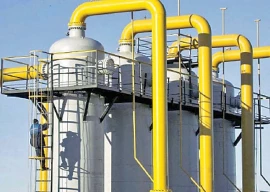
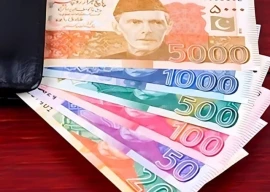

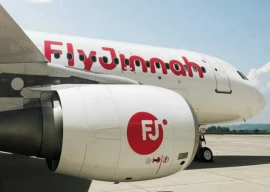

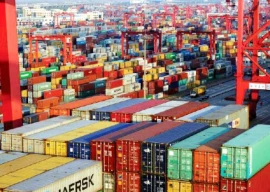
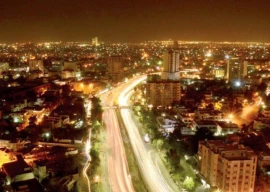







COMMENTS
Comments are moderated and generally will be posted if they are on-topic and not abusive.
For more information, please see our Comments FAQ